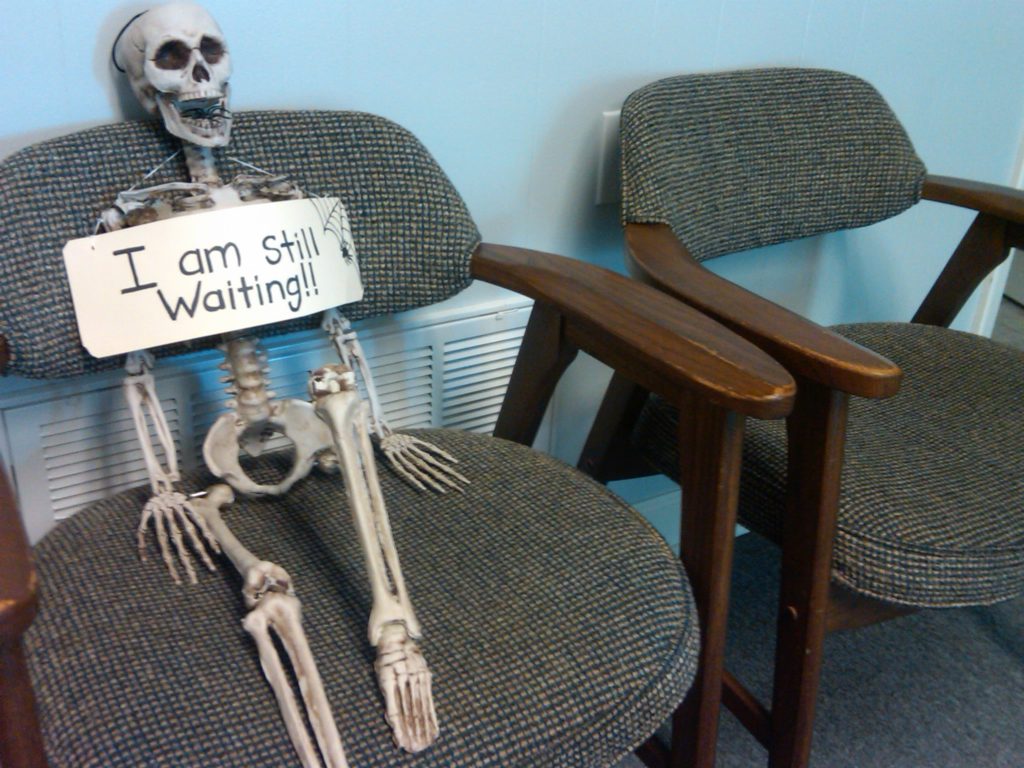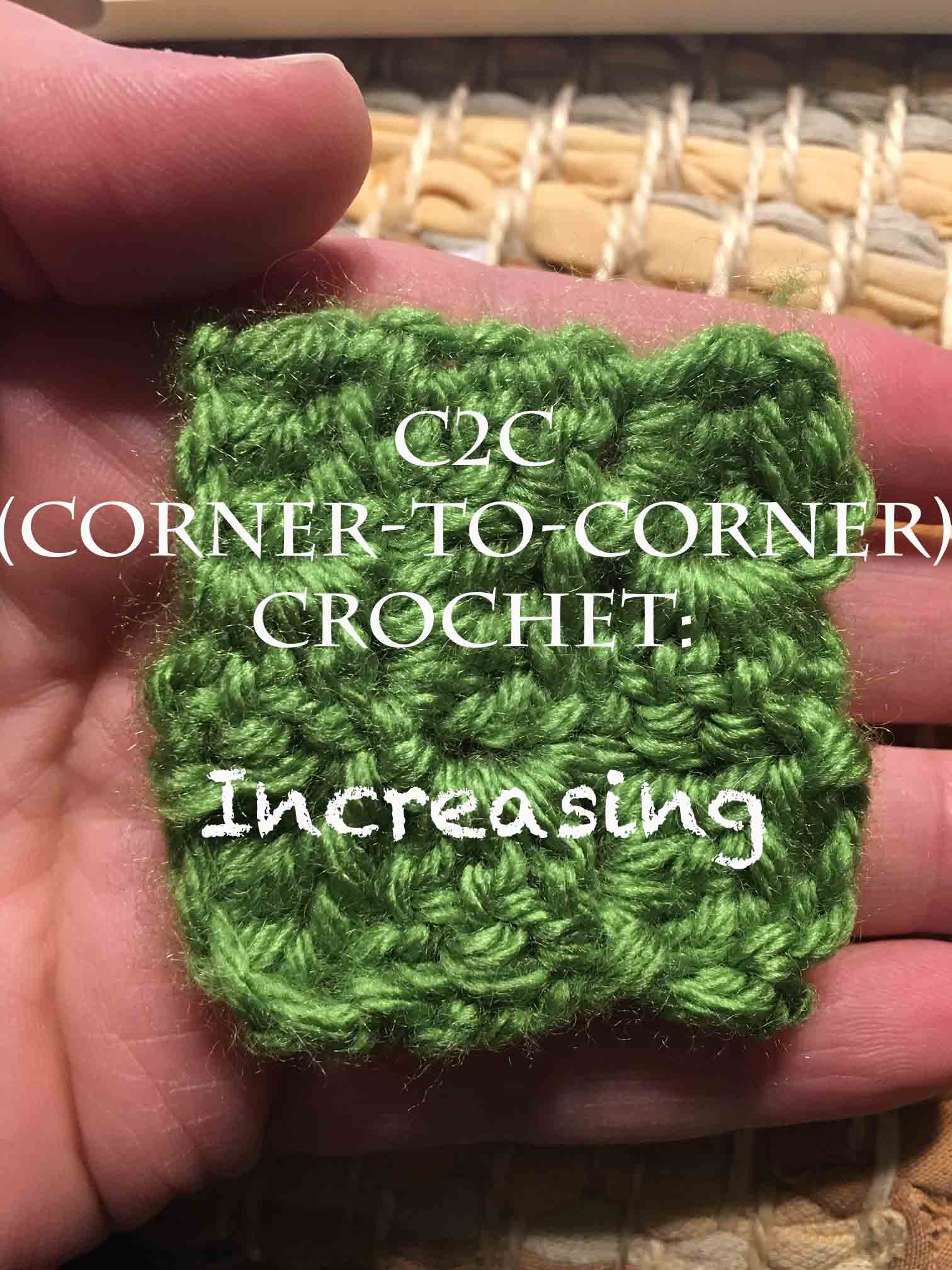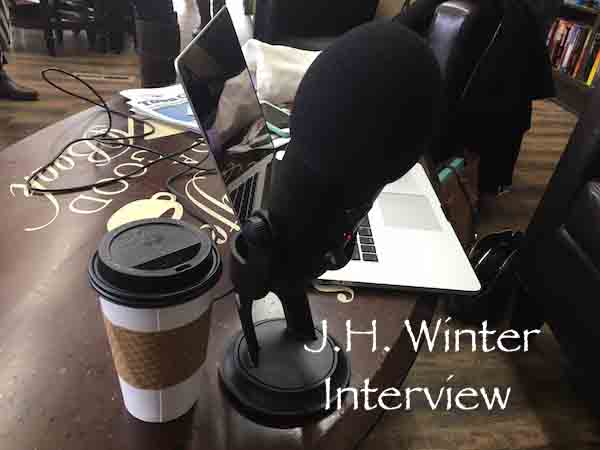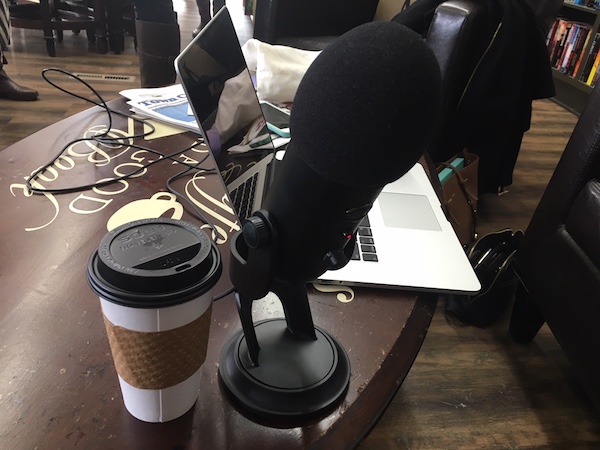
The Waiting Game Begins: Query Writing (Part Three)

I got a wonderful response from my last blog post about Picture Book Writer Musings: Cutting Characters, so I thought I’d do another post for those interested in becoming a writer, or for those curious on how books get from the writer’s hands to the shelves.
Spoiler Alert: It’s not as easy as it looks!
When I’m asked what I do, as in what job I do, saying that I’m a writer and an illustrator brings about curiosity. The first question asked, like clockwork, is “Anything I would know?” but once I’ve made my way through that one, the other questions follow:
What do you write? How did you know you wanted to be a writer? What are your stories about? What do you do after you’ve written a book? Do you go online and sell it yourself? Do you find a publisher?
Those are just a few of the questions I’ve been asked in the past eight years since beginning my writing journey. The first three are easy ones. Those are related to my personal journey of becoming a writer, to which you can find out more about that here.
The last three, however…not so easy to answer.
What do you do after you’ve written a book? Do you go online and sell it yourself? Do you find a publisher?
These questions are very….VERY subjective. Each writer’s journey is different. So different. But at the same time not so different too. Here is what I know.

After you’ve written a book…
…jump for joy!
…pat yourself on the back.
…drink a glass of wine and put your feet up.
Then, once you’ve had that moment to congratulate yourself on a job well done, it’s time for editing. Edit that book until you can’t look at it anymore. Once you think you’ve worked out all the kinks, send it to some fellow writers to look at. Usually a critique group of your peers is a good idea. I have mine and I love their feedback. They have taken my stories to the next level, and I have tried to do the same for them.
Perhaps once your critique group agrees with you that your story is ready, it would be a good idea to have a few beta readers take a look. A fresh set of eyes who haven’t been back and forth looking at countless drafts of your story as you polished it into the perfect pearl it is today.
Beta readers are great at catching those last minute gaps in your plot where you thought you didn’t need a few words so you cut them, but didn’t realize, now your story doesn’t make sense anymore. You’ve killed too many darlings and need to bring them back from the dead. It happens. Ask me how I know.
Once all eyes have agreed that your story is ready for the masses:
 …jump for joy!
…jump for joy!
…pat yourself on the back.
…drink a glass of wine and put your feet up.
See a pattern here? You should. It’s important to celebrate the small moments along this journey to publication. It is a long one.
Once you’ve celebrated the fact that you are ready to move onto the next step in your writing journey, you need to decide what that step is going to be. That’s those last two questions above I spoke about:
Do you go online and sell it yourself? Do you find a publisher?
Self Publishing

If you go with the first one, you are looking to self-publish your work. I know very little about this path, as it isn’t the one I’ve chosen at this stage in the game. For those who do, you will be the one who needs to be able to 100% figure out how to get your book out there in the hands of the readers.
You must be driven and excited to get out there and sell, sell, SELL! You have to make sure the story is downloaded properly and formatted correctly for publication, what printing company you want to go with should you make print copies available, how your work will be distributed (print on demand or purchased in bulk), etc. It’s all up to you. There are sites that help you make that process easier, from my understanding, but much of the journey will be up to you.
I have friends who have gone this route and have been successful. So long as you are self-motivated and driven to getting your work out there, I have no doubt that you will!
Traditional Publishing
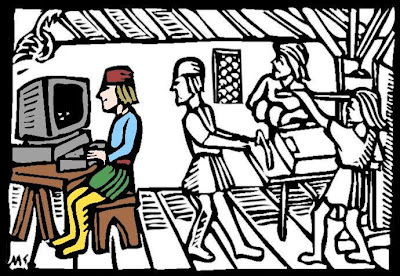
If you decide that you want to traditionally publish, your journey will take longer. Most publishing houses won’t even look at your work (unsolicited manuscripts as they call them) unless you are represented by an agent.
So, for this route (the route I’ve chosen), you will need to look for an agent. Someone who will be in your corner, who loves your story and work as much as you do, who wants to get your work in the hands of the readers. It is their job to find the right publisher for your story. They have the contacts. They have built the connections.
To get an agent, you must first write a query letter (also see this post too). Each query letter you’ll tailor slightly to the agent you’re sending the manuscript to. Each agent wants to see something different. You can’t just write a blanket letter and cut + paste + send it to every agent who reps your genre.
You need to be thoughtful.
You may need to change only one sentence within your query that says why you’re sending your work to them, but it’s important to do so. You need to address the letter to one agent specifically (unless the agency says otherwise), and spell their name correctly.
 If you are set to look for an agent to represent your work, you should have handy: the completed manuscript (fully edited by now), query letter, synopsis (1-2 pages typed, double-spaced), sample illustrations (if you plan to illustrate, as well as a link to an online portfolio), and if the work is non-fiction, an outline and a book proposal are good to have ready. If you write picture books and also plan to illustrate them like I do, you should have your book dummy ready to go as well.
If you are set to look for an agent to represent your work, you should have handy: the completed manuscript (fully edited by now), query letter, synopsis (1-2 pages typed, double-spaced), sample illustrations (if you plan to illustrate, as well as a link to an online portfolio), and if the work is non-fiction, an outline and a book proposal are good to have ready. If you write picture books and also plan to illustrate them like I do, you should have your book dummy ready to go as well.
Sounds like a lot doesn’t it?
That’s because it is. You have to jump through hoops. You have to tailor the query submissions. You need to research agents. Keep your list of who you’ve queried so you don’t send to multiple agents at the same agency (unless they allow that – check their submission guidelines to be sure) by mistake. You need to put on your thick skin because remember when I said every writer’s journey is different, but also much of it is the same? How it’s the same is that we all get rejection letters. Lots of them.
I’ve said it before, but it’s worth saying again. Whenever I’m feeling down about this long process and getting passed the rejections, I google famous authors whose first books were rejected. You’ll be amazed at some of the horrible rejection letters writers have received and how many of them too! These are from authors who finally found the right agent, the right publisher, and went on to sell millions of books.
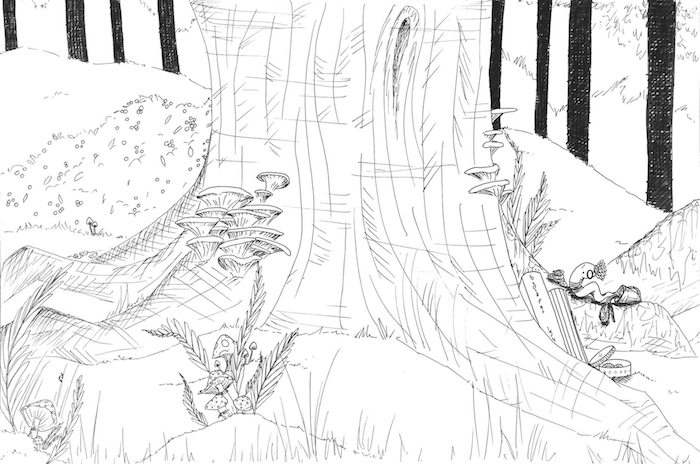
This is where I’m at right now, as we speak. I have my picture book The Bookworm and the Butterfly out on submission with agents who represent author/illustrators of picture books. I also have Adeline and the Mystic Berries out on submission with agents who represent middle grade fantasy stories. Two works out. Rejections sprinkling in. Some requests for partials or fulls being made. More rejections. And the process continues.
It just takes one. One agent who sees and loves your work as much as you do. This business is a subjective one. The waiting begins. When you get a rejection, send out another query. Continue to put your work out there. Edit some more if you need to, but continue to query.
Once your queries have been sent:
…jump for joy!
…pat yourself on the back.
…drink a glass of wine and put your feet up.
…then when you’ve done that for a third time, get out your laptop or notebook and start writing your next book. Jot down ideas. Get creative. It’s easy to get down in the querying stage because a lot of it is a waiting game. Agents can take weeks and/or months to get back to you. Why waste all that time checking your email box every ten minutes for a response?
 Don’t you think your time is better spent doing what you love? Finding the stories within you, that will take you to knew places inside your imagination. Who knows? Perhaps the book you’re querying now isn’t going to be the one that gets you that agent. It could be the one you have yet to write, so why not start now?
Don’t you think your time is better spent doing what you love? Finding the stories within you, that will take you to knew places inside your imagination. Who knows? Perhaps the book you’re querying now isn’t going to be the one that gets you that agent. It could be the one you have yet to write, so why not start now?
A watched pot never boils, as they say, but the early bird, the determined bird, gets the worm.
